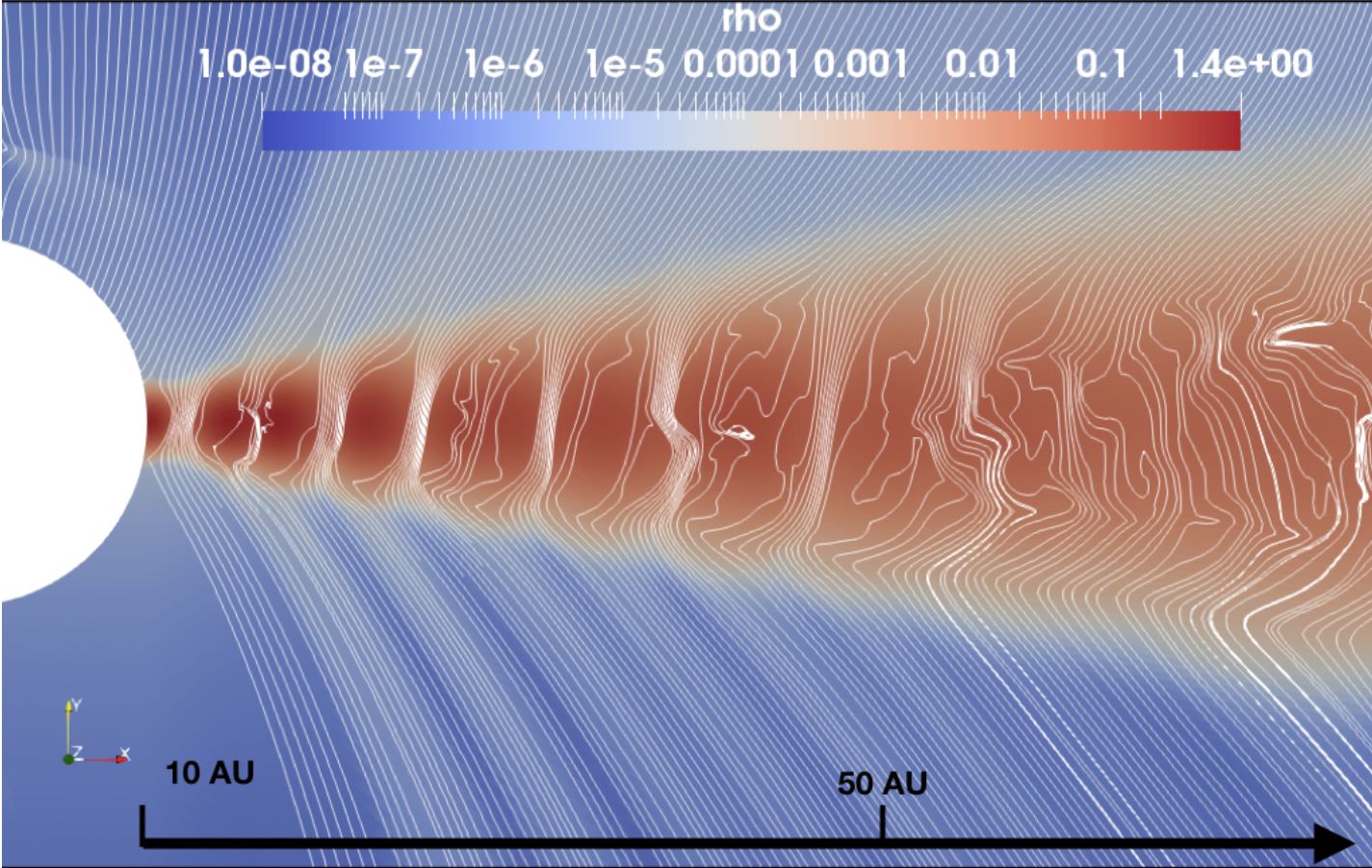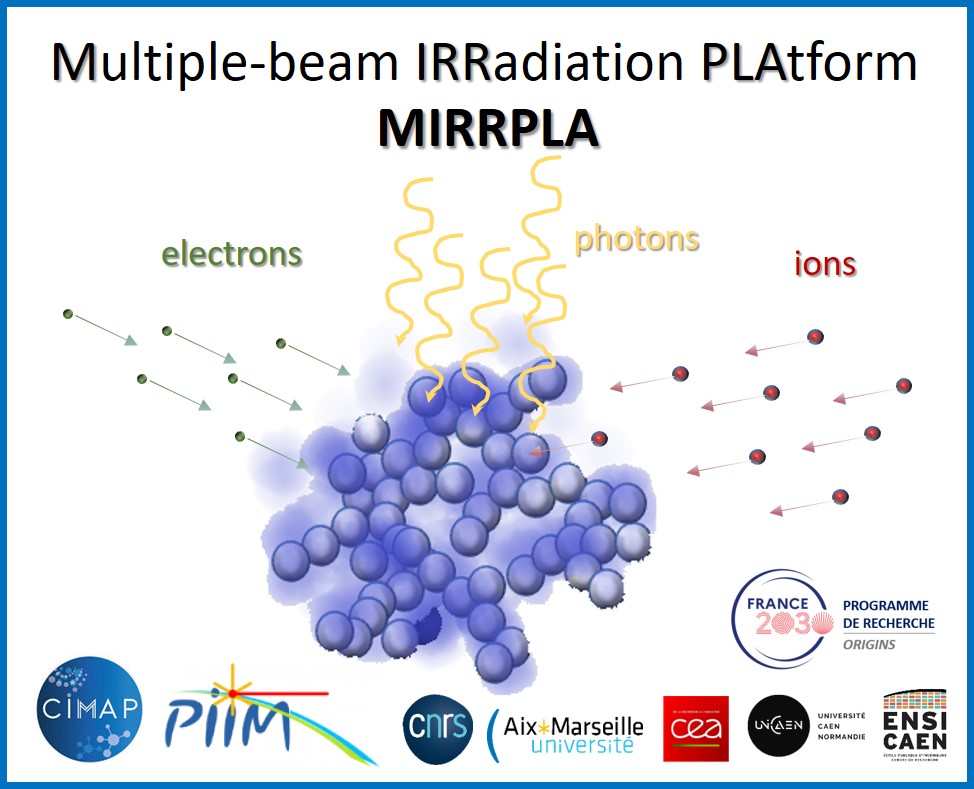
Integr’AL
Integr’AL
Overview
Integrated analysis unit for studying the emerging properties of catalytic, chemical and biochemical systems
POINOT Pauline, MCF HDR
Our aim is to develop a universal analytical platform that will enable us to highlight emerging properties of living organisms, such as self-replication, self-assembly and self-organization.
Combined with statistical data processing in the form of molecular networks, our strategy aims to discriminate a purely chemical system from a biochemical/biological one, in any primitive and/or extraterrestrial sample (Mars Sample Return).
To develop
Our researchs
Understanding the transition
Determine the primitive chemical mechanisms that led to the emergence of living organisms.
Prebiotic scenarios
To propose an original route for the synthesis of organized molecular structures that could have led to the first cells from very simple precursors, under plausible prebiotic conditions.
Sample processing
Propose innovative chemical and biochemical strategies for the extraction, separation and detection of molecules of interest (from the most volatile to the most complex biopolymers).
Characterizing self-organizing systems
Develop an analytical platform to study the dynamics of interactions between all organic compounds from evolutionary abiotic systems and primitive biological systems (archeobacteria).
Molecular networks in (auto)catalytic systems
Identify molecular networks representative of the chemistry/biochemistry/biology transition.
Differentiation between living and non-living
Highlight the dynamics of the processes that differentiate evolutionary chemical systems, from functional biochemical structures to primitive bacteria.
The Consortium
Université de Poitiers, de Paris Est val de Marne et Paris cité
Scientific expectations
All the work carried out in this area will represent a significant advance in the analysis of the chemistry of evolutionary systems, enabling us to discriminate between purely chemical and primitive biological processes.
Societal impacts
Our results should help to improve human understanding of the transitional mechanisms that enabled the emergence of the first living systems on Earth.
Skills development
A community of 8 permanent researchers, research professors and engineers, plus 3 PhD students, 3 post-docs and 1 contract research engineer.
More projects


